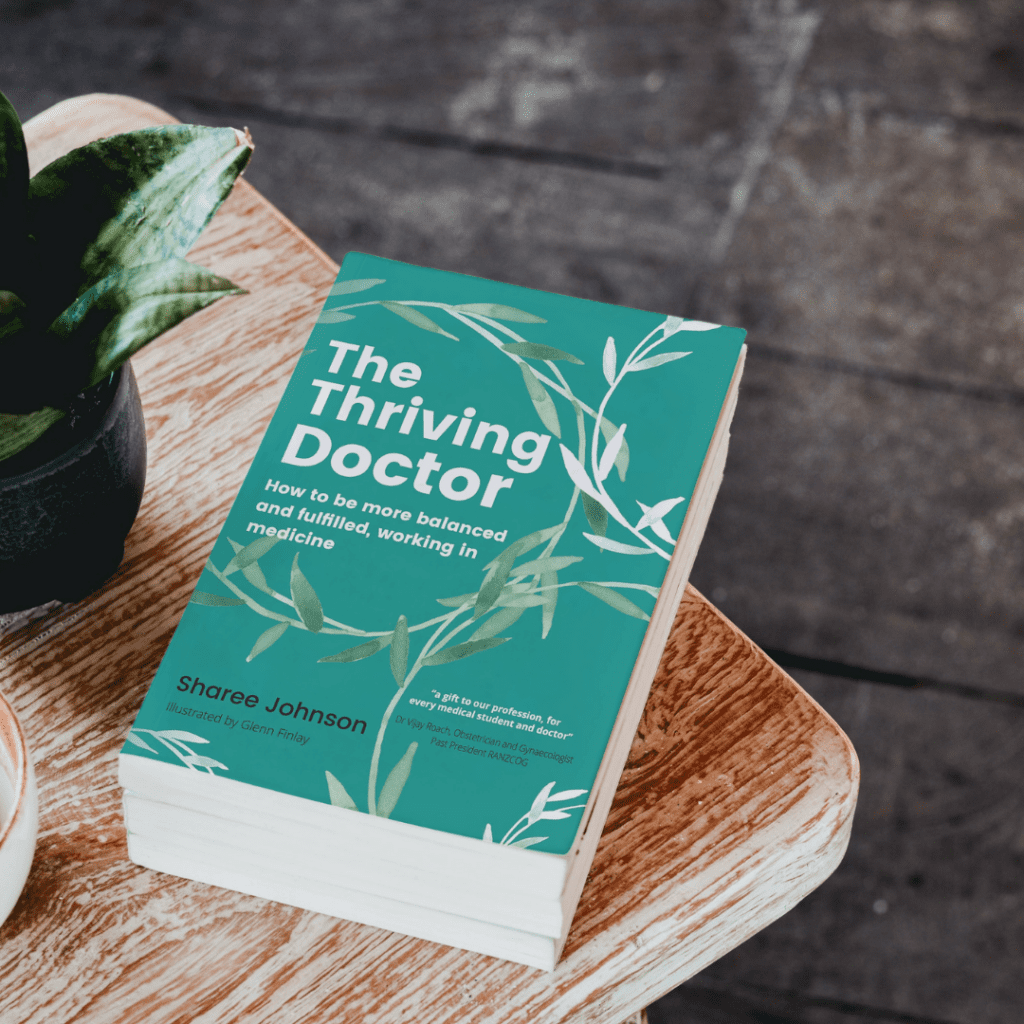Compassionate Care Competencies need our attention
Bedside manner and communication skills are the ‘tip of the compassion iceberg’ according to Dominic O. Vachon.
In the big machine that is modern day healthcare, we have prioritised throughput, technical wizardry and the financial bottom line. In other words, we still talk a lot about compassion, but we are not walking the talk often enough.
Loss of compassionate care has been an unintended consequence of progress according to Vachon. He describes this as the technology, take the EMR for example, becoming the centrepiece that care orbits around, saying this has happened through good intention rather than anything malicious.
Nevertheless, here we are.
Compassion is the intention to stay with suffering and help relieve it. Most doctors have ample opportunity to practice compassion in their daily work. However, a depleted person, even a doctor with significant training, will find it harder to respond compassionately to another.
A doctor who is time poor, pressured by the processes they work within, disconnected to their team, resentful of missing their family due to long work hours or stress will not be able to deliver compassionate care as they might have planned. It is a downward spiral.
Compassion ought not be sentimentalised. This is much more than a feeling of empathy. Compassion is often what brought people to healthcare, a desire to relieve suffering. It is this very desire, thwarted by systemic process, that can cause disillusionment or moral injury or burnout in the doctor.
Doctors train for a long time in order to be competent and safe. They think and talk about patient safety ALL THE TIME.
This is not entirely altruistic. When a patient has been harmed, even accidentally, the doctor experiences a lot of intense and difficult to hold emotions like distress, guilt, shame, fear, sadness, disappointment. In addition, there are usually difficult conversations to have, other people’s distress and emotion to hold and respond to, potential recrimination, one or more investigations, loss of confidence, sometimes trauma and a whole lot more. Very, very few doctors seek to harm their patients or those around them.
And yet, things do go wrong, often. People are harmed by doctors. Doctors are harmed in the course of their work. Every day, doctors and their employing organisations are working hard to reduce risk to patients and to caregivers by raising competence. However, most of it is about technical competence. We have been relatively blind to the need to teach the skills of compassion to doctors. Doctors need to be competent in compassionate care too, that will also help reduce errors and mistakes. Patients and their families are our allies in this.
Without competency in compassionate care, doctors continually undermine their technical efforts. For example, rostering a trainee doctor to a surgical list or an emergency room without appropriate access to supervision sets them up to be stressed, to feel unseen or uncared for and to be inept in connecting with the patients because they have too many things to worry about. Their cognitive load and emotional vulnerability leave little room for the doctor to meet the patient compassionately. They are busy managing their own needs.
To act as if competence and compassionate care are somehow separate is a nonsense. We need doctors who are competent in compassionate care so that they can deliver their other competencies effectively and consistently.
There is a compelling case for raising the significance of compassion training in medicine. Compassionate care is integral and imperative to patient and doctor safety, wellbeing and capacity. Viewing it as nice to have or somehow inherent in all doctors, just because they have earnt the title, is limiting the potential of healthcare in all directions.
References:
S. Trzeciak & A. Mazzarelli, (2019) Compassionomics: The revolutionary scientific evidence that caring makes a difference.
D.O. Vachon, (2020) How Doctors Care: The science of compassionate and balanced caring in medicine.
Recalibrate in 2025 & 2026
Immersion Development Program for Doctors
Restore Balance and Joy: Build your intra and interpersonal skills.
6 x 1:1 Coaching sessions with Psychologist Coach, Sharee Johnson
24 hrs Masterclasses with a closed group of doctors (max 12)
Develop in ways that will help you reconnect to your purpose.

The Thriving Doctor
Sharee Johnson’s book The Thriving Doctor is available in all good bookstores or online.
Sharee has been coaching doctors since 2014, find out more about her work